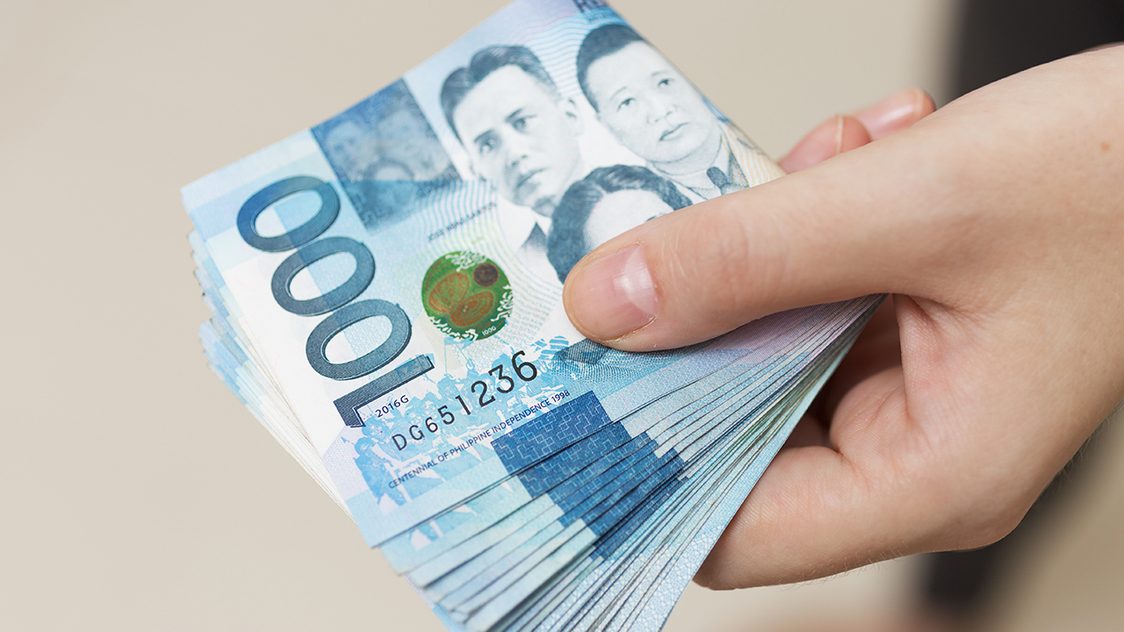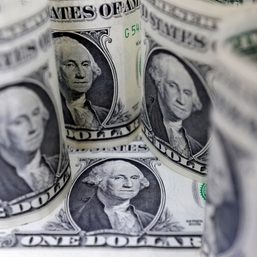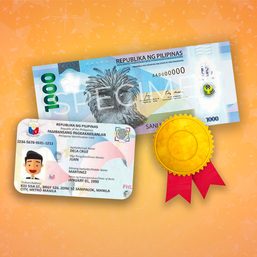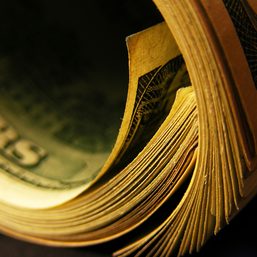SUMMARY
This is AI generated summarization, which may have errors. For context, always refer to the full article.

The Bangko Sentral ng Pilipinas (BSP) plans to test the use of polymer or plastic for banknotes, saying that the material is stronger and more hygienic than abaca fiber.
In a briefing on Monday, October 25, BSP Deputy Governor Mert Tangonan said they have looked into polymer banknotes amid the COVID-19 pandemic, as these have lower bacterial count than cotton-based bills.
Tangonan added that polymer bills last longer than paper money and are more cost-efficient.
The polymer banknotes will have a different set of security features, making them more difficult to counterfeit, according to Tangonan.
As plastic banknotes will be more durable, the BSP also claimed that they will be more environment-friendly, with less ecological footprint.
“Polymer banknotes have an extended life span, at least 2.5 times longer, than paper banknotes,” the central bank said.
The BSP will test the material for P1,000 bills by the first half of 2022. These bills will be initially produced abroad since the production would be on a limited basis and the central bank would have to further assess the possible shift.
Abaca industry pushes back
Last August, the Philippine Fiber Industry Development Authority (PhilFIDA) strongly opposed the shift to polymer, as it would hurt the abaca industry.
“Abaca, one of our banner crops, is considered a Filipino heritage and pride and therefore should be made known to all Filipinos by promoting it through our money which is being circulated all over the country,” said PhilFIDA executive director Kennedy Costales in a memorandum.
“Abaca is far more resistant to salt water decomposition than most of the vegetable fibers, making it suitable for rope and cordage manufacture as well.”
Polymer banknotes can also get sticky when wet, making them somewhat difficult to hold and count. The stickiness would also make it hard for sorting machines to count.
But Tangonan said the shift to polymer banknotes would have minimal effect on the abaca industry, noting that it would impact only 0.2% to 0.4% of abaca farming jobs and up to 0.2% of total abaca exports.
This is not the first time that the BSP proposed the use of plastic currency.
In 2009, the central bank made a similar proposal, but it was blocked by lawmakers. – Rappler.com
Add a comment
How does this make you feel?





There are no comments yet. Add your comment to start the conversation.